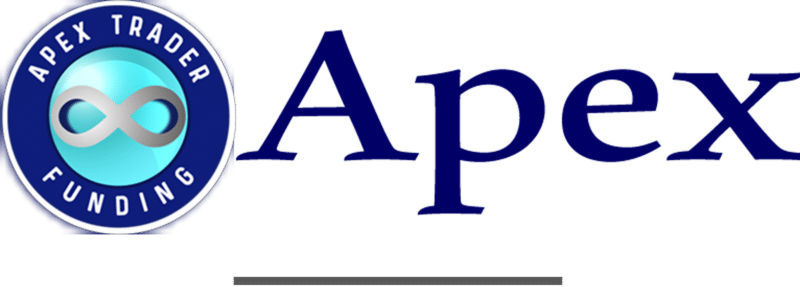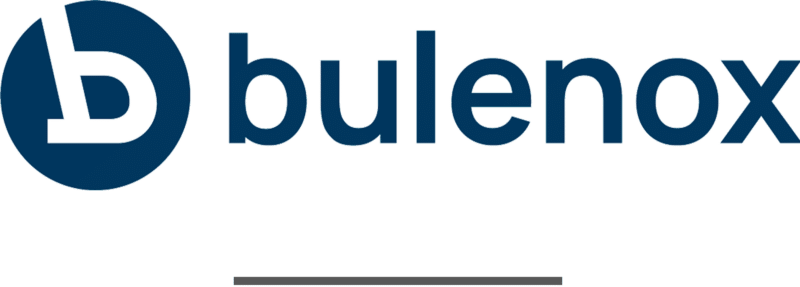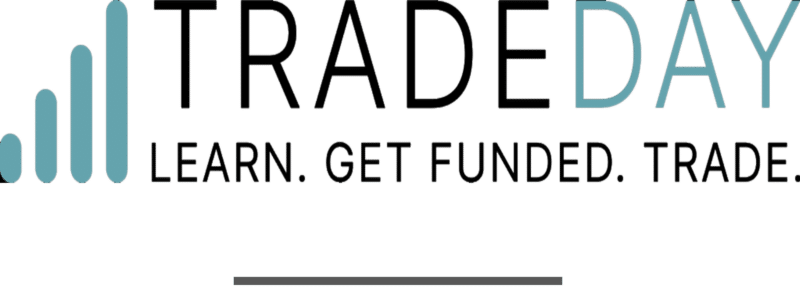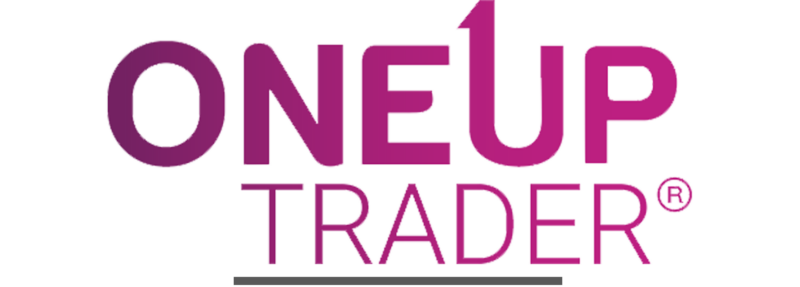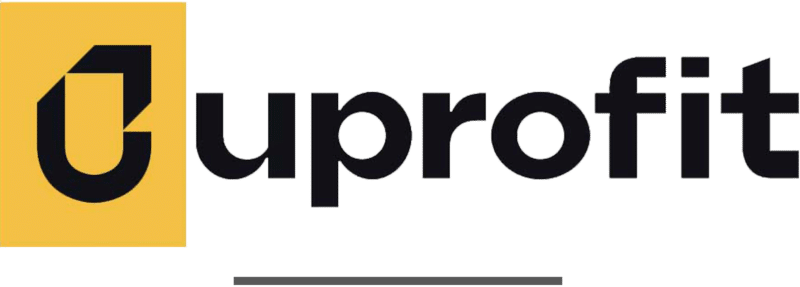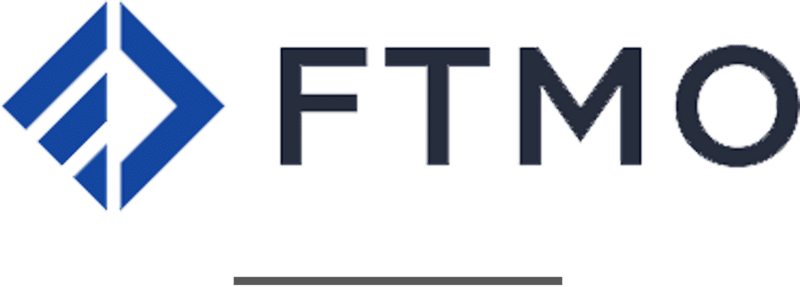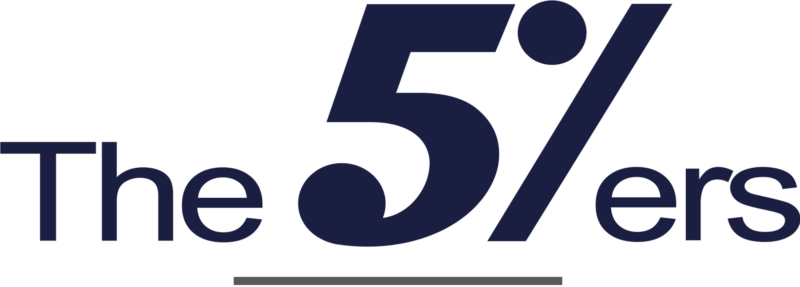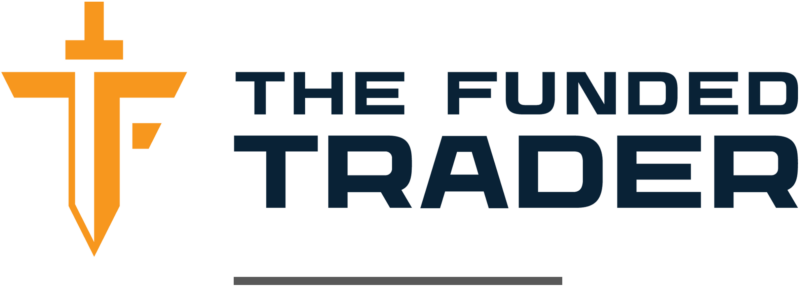Explore Top Companies with Us
Find Your Path to Trading Success with the Best Funded Programs

Your Partner in Funded Trading
Founded in 2021, Trading Funder helps aspiring traders secure funding and succeed in prop trading. We provide expert reviews, price comparisons, and personalized consultancy to make funded trading accessible and transparent. Our focus is on offering honest insights and cost-effective solutions, empowering traders to achieve their goals in the competitive trading world.
Understanding Funded Trading Programs
A proprietary trading firm, also known as a prop shop, is a company that trades financial instruments—like stocks, bonds, commodities, forex, and futures—using its own capital, rather than the capital of external clients. These firms typically hire and train traders, who are then given capital to trade with the aim of generating profits directly for the firm. While many focus on forex and futures, proprietary trading can encompass a wide range of financial markets. Learn more about Proprietary Trading Firms.
A Funded Trading Program is an arrangement where a proprietary trading firm provides capital to individual traders to engage in financial markets. These programs often serve as a platform for traders to prove their skills without risking their own capital. In return, traders are usually required to split a portion of their profits with the firm. Additionally, these programs may have specific trading guidelines, risk management rules, and milestones that the trader must adhere to and achieve. Learn more about Funded Trading Programs.
A funded trading account is provided by a proprietary trading firm to an individual who has successfully passed a trading assessment. The trader is given login details to access a trading account, which may be either simulated or directly linked to real financial markets. This account comes with specific trading conditions and guidelines that the trader must follow. The purpose is to manage the funds effectively to generate profits, a portion of which is typically shared with the trading firm.
An Evaluation, often referred to as a Test or Challenge, is a process conducted by a proprietary trading firm to determine a trader’s eligibility for a funded trading account. This typically involves the trader managing a demo account, which serves as an evaluation account. The firm sets specific performance targets and trading guidelines that the trader must meet to demonstrate their skill and discipline in managing risk. Successful completion of this evaluation phase may lead to the trader being granted access to actual capital for trading.
A Profit Split is an arrangement that outlines how profits generated by a trader are divided between the trader and the proprietary trading firm. The split ratio can vary widely, typically ranging from 50:50 to as high as 90:10 in favor of the trader. This ratio is agreed upon before the trading begins and is often one of the key incentives in funded trading programs. The exact percentage a trader receives can depend on factors like their trading performance, the level of risk involved, and the specific policies of the trading firm.
Direct or Instant Funding is a service offered by some proprietary trading firms that allows traders to bypass the traditional evaluation or testing phase required for a funded trading account. Instead, traders can gain immediate access to trading capital. However, this convenience usually comes with higher participation fees or initial costs compared to programs that require passing an evaluation. This model appeals to experienced traders who prefer not to undergo the testing phase and are willing to pay more for instant access.
No Personal Capital Required: Traders can engage in trading without needing to invest their own money.
Reduced Financial Risk: There is no risk of losing personal funds, as all trading is done with the firm’s capital.
Practical Experience: Traders gain real-world trading experience, which can be more impactful than simulated trading.
Profit Sharing: Successful traders receive a significant share of the profits, which can be quite lucrative.
Improved Risk Management: These programs often provide structured risk management strategies that enhance trading discipline.
Professional Development: Some programs offer certifications or training that can help in building a professional trading career.
Flexibility: Traders can often work from any location and at any time, offering great flexibility.
Upfront Costs: Many programs require traders to pay for a test or challenge before they can qualify for funding, which can be a barrier for some.
Platform Restrictions: Traders are often limited to using specific trading platforms chosen by the firm, which may not align with their preferences or experience.
Strategy Limitations: There are usually restrictions on the types of trading strategies that can be employed, limiting a trader’s ability to use their preferred or most successful methods.
Profit Sharing: While traders do not risk their own capital, they must share a significant portion of their profits with the firm.
High Performance Standards: Continuation in the program often depends on meeting high performance standards, which can include minimum profit targets and strict risk management rules.
Limited Trading Capital: The amount of capital allocated can be limited, which might restrict the earning potential of traders.

